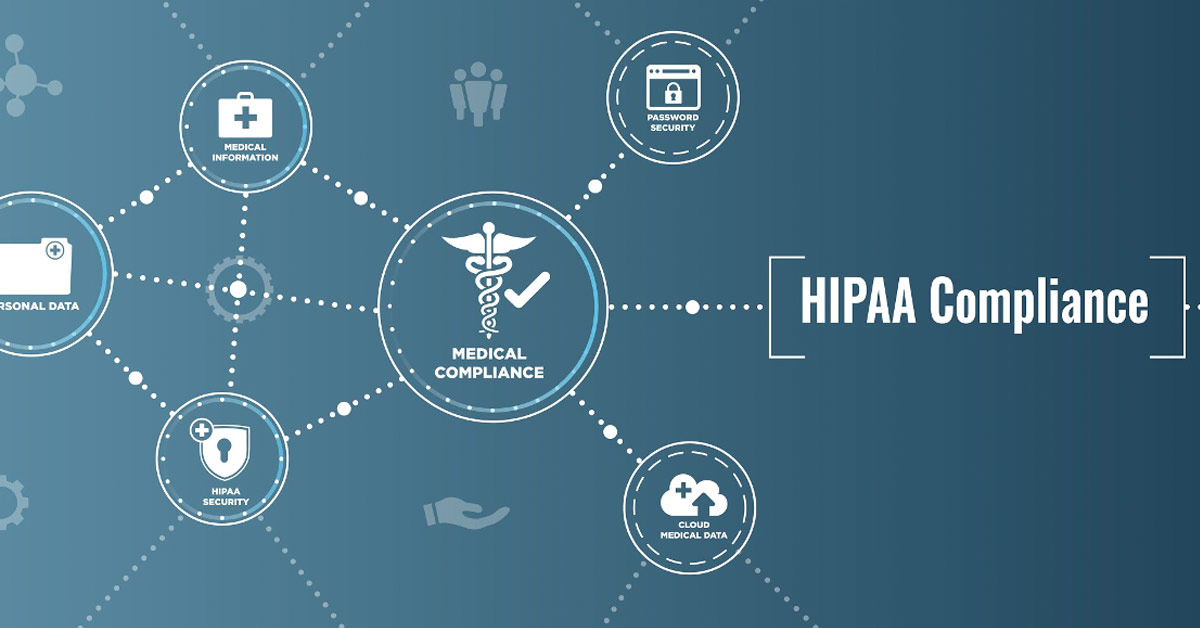Medical professionals must be aware of HIPAA compliance regulations. These laws are intended to ensure the security of patient information. All medical professionals must know and comply with these regulations. It can be challenging to remain compliant with HIPAA regulations, particularly in the current age of information. There are numerous resources that can help ensure that your practice remains compliant and secure. With a thorough understanding of how to stay in HIPAA compliance, such as an ongoing review of the security systems utilized to manage patient information and clear protocols for communication when handling sensitive data You’ll have the tools needed to protect confidential health information. These regulations are essential to safeguard sensitive information from security breaches that could lead to the loss of trust of patients at your clinic. Implementing HIPAA security measures is a crucial step to making your medical office a success.

Knowing and understanding HIPAA Compliance is crucial for any person who handles sensitive patient data. HIPAA regulations require all organizations that deal with Protected Health Information to be well-versed and adhere to their guidelines. Failure to comply with HIPAA regulations could lead to massive fines, or even compromise the confidentiality of the patient’s information. If a breach does occur, it’s essential to be aware of the required steps to deal with it efficiently. Also, knowing HIPAA guidelines for training and knowing how to recognize non-compliance are skills that must be kept current because of the increasing frequency of cyber attacks and data breaches. With a thorough understanding of HIPAA compliance requirements, healthcare organizations can ensure the security of patient information and avoid costly penalties or sanctions.
Employees can feel confident knowing the sensitive information they share, including their health information is handled according to HIPAA. Employers can ensure that employees have a complete HIPAA compliance plan. This will give employees confidence that their medical and personal information will not be divulged excessively or in an inappropriate manner. This establishes trust between the employer and employee as they both feel that they share the obligation to protect each other’s privacy while also safeguarding their respective rights and interests. Employers can design secure and safe workplaces where employees can feel confident that their medical records are confidential.
HIPAA compliance is an essential aspect of healthcare systems. It is important to know when to report the occurrence of a HIPAA breach. It is crucial to be familiar with the legal obligationsthat includes the requirement that healthcare facilities keep patient privacy secure and confidential information secure. Anyone who has access PHI must immediately report any potential breach. Criminal and civil penalties could be applied for negligence in the reporting of a violation. Affected patients can also make a complaint to the Department of Health and Human Services Office for Civil Rights when they feel their rights as well as those of their PHI have been violated. It is vital to inform employees about HIPAA compliance, and to offer an in-depth education on HIPAA policies. This can reduce the likelihood of noncompliance.
HIPAA regulations benefit employees in a variety of ways. This is not just secure for your personal information, but also ensures that they know that their employer is taking all the appropriate precautions to ensure their safety. HIPAA compliance allows for clear communication between employees, employers and their health care providers. Employees are able to feel secure that they’re communicating with the right people in a secure setting. Employees and employers can enjoy greater trust and satisfaction, which results in higher retention rates and better job satisfaction. HIPAA compliance demonstrates to employees that the company values and cares for its employees. It also assists you to create a successful and collaborative workplace.
For more information, click which of the following is required by hipaa standards